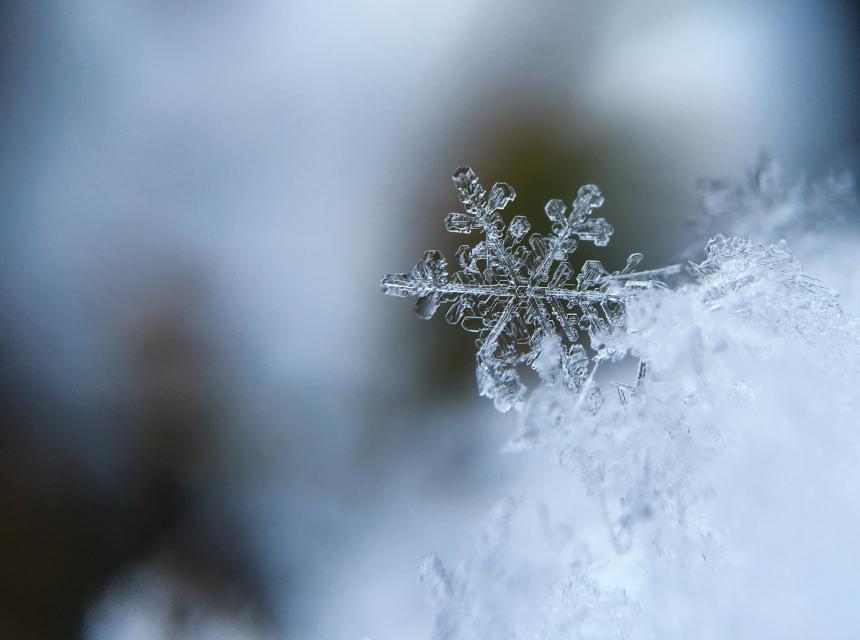Preparing your home for the winter months
With the autumns night’s drawing in and the weather getting colder, it’s a good idea to start thinking about what you might need to do to protect your home and keep it safe and secure.
- Clearing your home surroundings
Store rubbish and recycling bins in a secure sheltered space to minimise movement in high winds. This will reduce the chance of potentially causing damage to your property, vehicles and neighbors’ property.
- Clear gutters and drains
Debris such as leaves, mud and sticks can block drains and gutters. If this because too heavy it can cause leaks into roofs and walls. Blocked drains can cause flooding and when blocked water freezes it will expand causing pipes to burst and hefty claims
- Secure your shed and out buildings
Make sure all doors are shut and any windows are secured where possible. Store all garden furniture away. You may also consider taking in any potted plants and hanging baskets as they may cause damage during high winds.
There is a contents limit for outbuildings/sheds which can vary from £1000-£5000 depending on each insurer so may sure your policy meets your needs
- Get your boiler checked
It’s a good idea to get your boiler serviced once a year especially if it is over 10 years old. Make sure you use a Gas Safe registered engineer or for oil systems OFTEC registered engineer. You may also consider adding home emergency cover to your home insurance. This will cover you if your heating breaks down for labour, costs, parts and materials. Read more about it here.
- Keep your house warm
According to The Energy Saving Trust having your home properly insulted will save the average household £145 on their energy bill. About a quarter of heat is lost through your roof cavity so it is worthwhile making sure your attic is insulated.
There are various government grants and schemes available to improve the energy efficiency in your home. You can find out more information about them on the NIDIRECT website here.
Check your pipes and wrap them in a foam layer (pipe lagging) to insulate them and prevent them from freezing. May special attention to vulnerable pipes such as outside in garages or in cold parts of your property.
- Sweep your chimney
A regular sweep is essential for getting rid of any blockages or debris that can put you at risk of a chimney fire. A professional chimney sweeper will also be able to identify any cracks or repairs that need done keeping your chimney safe. All types of chimney need regular sweeping-brick, clay, lined and if you have a gas stove you will need to sweep your chimney but less often.
It is recommended you sweep your chimney at least once a year as a minimum but you may consider doing it more frequently if you use your stove or fire more often.
You will now if your chimney needs swept if:
- Smoke is being blown back into the room
- Soot is frequently falling back into your stove/fire
- There is a bad smell even when it has not been lit
- You can see signs of tar around the damper or flue entrance
- Your fire isn’t bringing as well
- You can see birds around top of chimney or hear scratching-there may be a nest
- Know where your stop cock is
Your stop cock is the valve that turns off and on your cold water system. If the water in your pipes does freeze, pressure can build up, water will expand and it can cause pipes to burst. If this does happen it is vital you know where your stop cock is so you can shut your water mains off preventing flooding and further damage to your property. It is normally in your kitchen, under your sink but sometime can be found in a front or back hall. Look for a lever on your copper pipes and turn it clockwise to switch it off
- Bleed your radiators
You’ll know when your radiators need bleeding because they will be cold at the top and warm at the bottom.
You’ll need a cloth and a bleed key. Switch your heating off and locate the valve at the top of your radiator, turn it anti-clockwise until you hear a hissing sound. Once the water begins to flow turn the valve clockwise closing it.
- Keep your heating on a timer
You should heat your home for at least one hour per day in the winter months. Using a timer will ensure it is heated every day and helps keep the system running smoothly.
- Prepare for a power cut
Power cuts are but can happen in during times of particularly bad weather. Your essential kit should include a battery powered radio, torch with fresh batteries or wind up torch. Turn off all appliances and lights except for 1 light on each floor so you will now when the electricity is back on. Be careful not to leave candles and paraffin heaters unattended.
- Make sure your home is adequately insured
One of the most important things you can do is protect your property before the winter weather begins. Make sure you have the right policy in place for your home. All of our insurers cover you and your family for alternative accommodation which will cover if you are displaced due to flood, fire, storm or any other insured peril.
Contact one of our advisers for a competitive quote no your home insurance on 02838 525006.
- Log in to post comments

